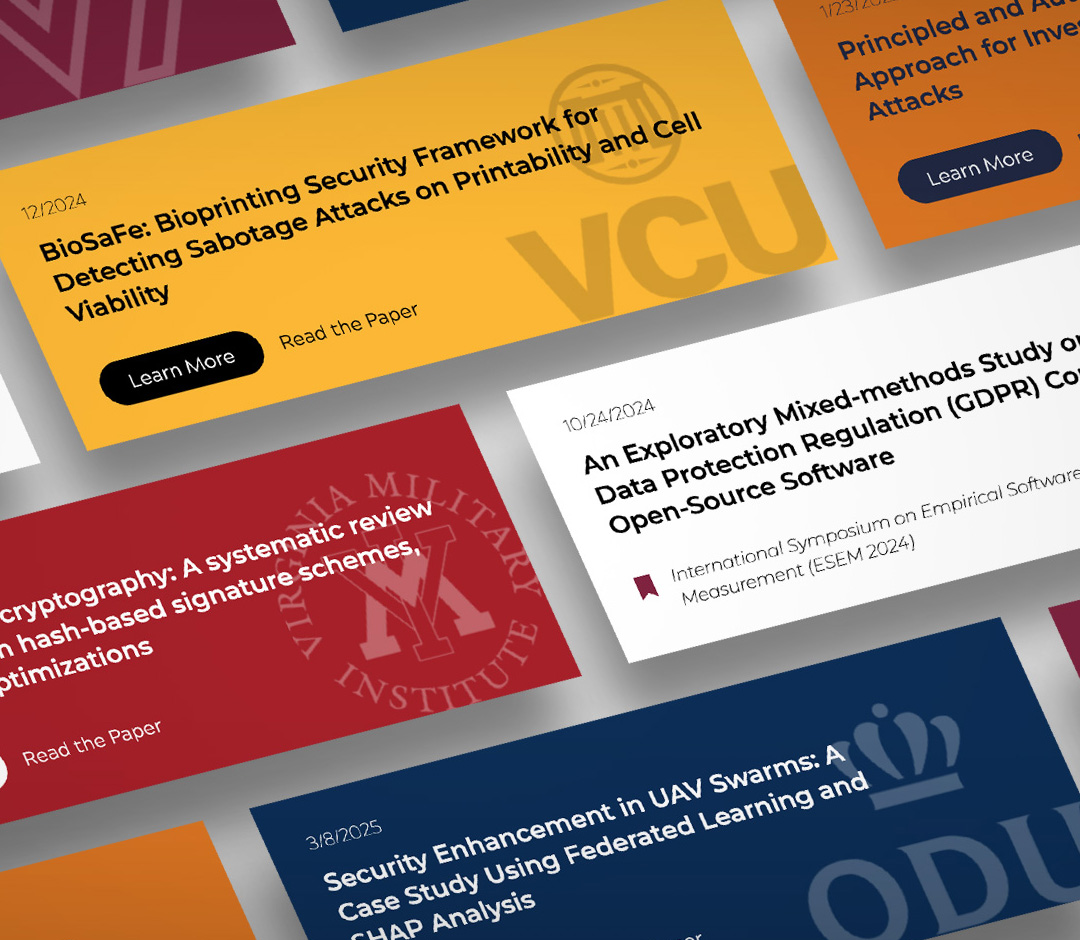Unraveling the Complexities of MTA-STS Deployment and Management in Securing Email
Research Paper Showcase 2025
Abstract
Email has been a cornerstone of online communication for decades, but its lack of built-in confidentiality has left it vulnerable to various attacks. To address this issue, two key protocols are being used: MTA-STS (Mail Transfer Agent Strict Transport Security) and DANE (DNS-based Authentication of Named Entities). While DANE was introduced first, MTA-STS has been actively adopted by major email providers like Google and Microsoft, as it does not require the complex DNSSEC chain that poses a significant challenge in deploying and managing DANE.
However, despite its significance, there has been limited research on how MTA-STS is deployed and managed in practice. In this study, we present a thorough, longitudinal investigation of the MTA-STS ecosystem. We base our analysis on a dataset capturing over 87 million domains from DNS scans collected across four TLDs over 31 months, along with 10 months of additional component scanning such as TLS certificates, thereby offering a broad perspective on MTA-STS adoption and its management.
Our analysis uncovers a concerning trend of misconfigurations and inconsistencies in MTA-STS setups. In our most recent snapshot, out of 68K domains with MTA-STS record, 29.6% of domains were incorrectly configured, while 3.2% of these should encounter email delivery failure from MTA-STS supporting senders. To gain insights into the challenges faced by email administrators, we surveyed 117 operators. While awareness of MTA-STS was high (94.7%), many cited operational complexity (48.8%) and a preference for DANE (45.4%) as reasons for not deploying the protocol. Our study not only highlights the growing importance of MTASTS but also reveals the significant challenges in its deployment and management.
Authors
- Md. Ishtiaq Ashiq, Virginia Tech
- Tobias Fiebig, Max-Planck Institute for Informatics, Germany
- Taejoong Chung, Virginia Tech
Publication
- Venue: ACM Internet Measurement Conference (IMC) 2025
- Date: 3/25/2025



